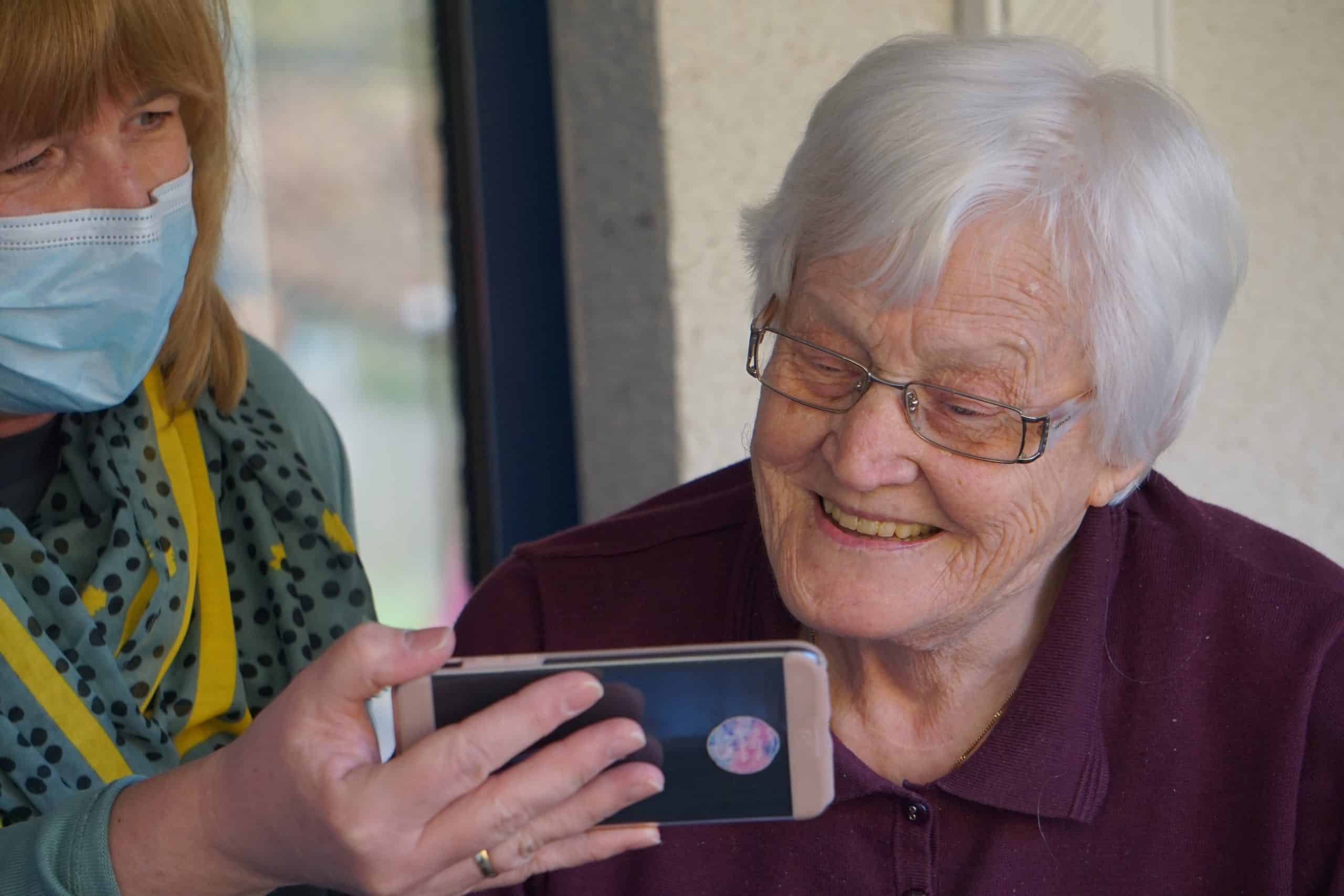
As the population ages, the demand for hospice care increases, making it an important and rewarding field for those seeking a meaningful career. Old age is a natural part of life; hospice care can provide comfort and support. Hospice care is specialized medical care that focuses on managing symptoms and providing emotional support for individuals nearing the end of their lives.
According to Statista, about 16.9% of Americans were 65 years old or above in 2020. It is expected to reach 22% by 2050. This figure is a considerable increase since 1950, when only 8% of the American population was 65 or above. It is the reason the demand for hospice care providers has also increased.
Hospice care can be provided in various settings, including at home, a hospice facility, or a hospital. Hospice care aims to help individuals live as comfortably as possible and maintain their quality of life during this difficult time.
While many may assume that a nursing degree is required to work in hospice care, many non-nursing fields can be a great fit for this type of work. This article explores the various roles and responsibilities within hospice care and the skills and qualities valued in this field.
1. Research the Field
According to the latest research of IBIS World, currently, 308,766 employees are working in the Hospices Care Centers industry in the U.S. This industry employs more people than it used to 5 years back. It means there is a great opportunity in this field. Still, you can do a bit more research before entering it.
Researching the field will allow you to gain a deeper understanding of the hospice industry and its roles and responsibilities. When researching it, it’s important to gather information from various sources, including industry publications, professional associations, and online resources.
This research can help you identify the skills and qualifications required for various roles in hospice and the job outlook and potential career paths within the field. Additionally, speaking with professionals in the industry can provide valuable insights and help you determine if a particular career path is a right fit for you.
2. Pursue Education
If you are a non-nursing graduate interested in pursuing a career in hospice care, a second-degree accelerated nursing program can be a great option. These programs are designed for individuals with bachelor’s degrees in another field who want to transition into nursing quickly.
Second-degree accelerated nursing programs online offer a fast-paced, intensive curriculum that typically takes 12-24 months to complete. They provide coursework in nursing theory, clinical practice, and healthcare systems, as well as hands-on experience in various healthcare settings. In addition, these programs often include online lectures, simulations, and in-person clinical rotations.
There are many benefits to pursuing this program online, including the ability to continue working or fulfilling other obligations while completing the program. Additionally, these programs may offer more flexible scheduling options than traditional on-campus programs.
3. Consider Volunteer Opportunities
Volunteering in hospice care can be a great way to gain experience and insight into the field while making a meaningful contribution to patients and their families. Volunteering can also help you build relationships with professionals in the field and better understand the day-to-day responsibilities of hospice care providers.
Unfortunately, many hospice care places have lost 30-50% of volunteers after the Covid pandemic, as stated in Hospicenews.com. Now that the threat of Covid is almost over, it’s time to revive volunteering and take responsibility as volunteers.
According to the National Hospice and Palliative Care Organization, the volunteers provide their services in 3 main categories:
- Direct Support: It requires spending time with patients and their families, providing them with moral support.
- Clinical Support: Providing care to the patient and required clinical service. Taking care of their health.
- General Support: Engaging in various social activities like fundraising, education, outreach, and serving on a board of directors.
Additionally, volunteering can demonstrate your commitment and dedication to the field, which can be an asset when applying for jobs in hospice care. Consider seeking volunteer opportunities at local hospice organizations to gain valuable experience and determine if a career in hospice care is right for you.
4. Explore Alternative Career Paths
While nursing is a common career path in hospice care, many alternative career paths can be rewarding and fulfilling. Some examples of alternative career paths in hospice care include social work, chaplaincy, bereavement counseling, and music therapy.
These roles require unique skills and qualifications, such as a degree in social work or a certification in music therapy. Still, they can provide opportunities to make a meaningful difference in the lives of hospice patients and their families.
Exploring alternative career paths in hospice care can help you identify roles that align with your skills and interests and allow you to make a positive impact in the field.
5. Network and Build Connections
By connecting with professionals in the industry, you can gain valuable insights into the field and learn about potential job opportunities. Networking can also help you build relationships with potential mentors or colleagues who can offer guidance and support as you pursue your career goals.
There are many ways to network in hospice care, including attending industry conferences, joining professional associations, and connecting with professionals on social media. Building connections in the field can help you stay up-to-date on industry trends and developments and increase your chances of success as you pursue a career in hospice care.
6. Gain Experience
There are many ways to gain experience in this field, such as volunteering, shadowing professionals, or working in related healthcare positions. Gaining experience can help you develop the skills and qualities necessary for success in hospice care, such as empathy, communication, and attention to detail. It can also help you build a network of professionals in the field and increase your chances of being hired for a hospice care position.
When seeking experience, consider contacting local hospice organizations or related healthcare facilities to inquire about available opportunities. By gaining experience, you can prepare yourself for a meaningful and rewarding career.
Conclusion
In conclusion, pursuing a career in hospice care can be a fulfilling and rewarding path for non-nursing graduates. By researching the field, considering volunteer opportunities, pursuing education through second-degree accelerated nursing programs or alternative career paths, networking, and gaining experience, individuals can prepare themselves for success in the field.
Hospice care provides an opportunity to make a meaningful difference in the lives of patients and their families during difficult times. Those passionate about this work can find a fulfilling and rewarding career in the field.
With dedication and commitment, non-nursing graduates can pursue a meaningful career in hospice care and make a positive impact on the lives of others.








